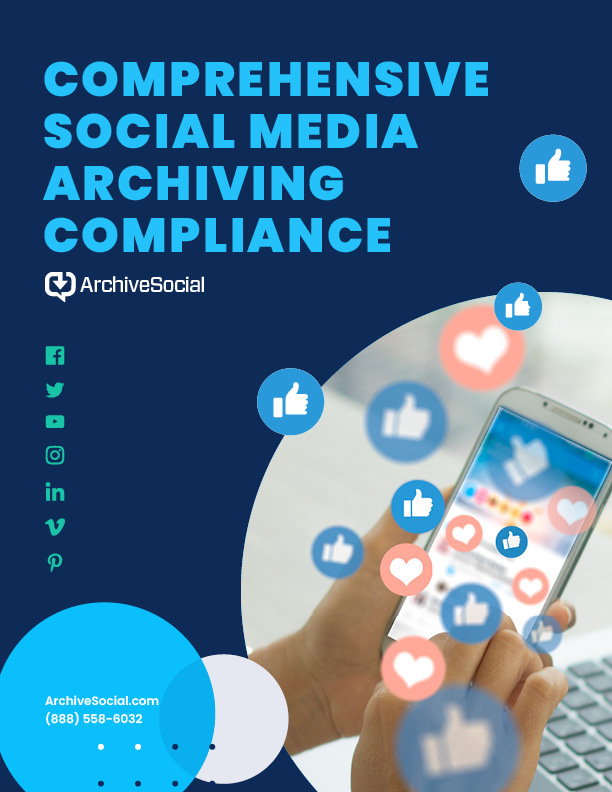1. Social media is growing
Social media can no longer be ignored. In less than a decade, social media has introduced a new form of communication. It makes sense that these public interactions be treated as equivalent records to physical documents and e-mail records. It is only the novelty of social media that convinces some that social media interactions do not need to be treated like other records. But, who could have imagined what social media would become 10 years ago? That begs the question: where will social media be 10 years from now? Choosing to archive social media and treating its records as equals is a safe, pragmatic strategy given the rapid rise of social media’s importance.
2. Meet challenges of internal records management
A business wants to control its records. This is partly because it wants to be able to call upon these records to address internal issues. Employee misconduct is a common reason. Consider the recent case of Francesca Holding’s former CFO Gene Morphis. He tweeted and posted earnings results prior to their announcement, undoubtedly violating the
Sarbanes-Oxley Act. Luckily, Francesca Holdings discovered this violation before regulators did and fired the CFO. But one shouldn’t leave internal social media records management up to chance. What if Mr. Morphis had deleted these posts? Francesca’s would have had a hard time discovering his misconduct, and he would have unknowingly remained a company liability. To archive social media interactions is to allow businesses access to employee posts even if posts are removed so one can still address transgressions head-on.
3. Third parties will not archive social media
All of those posts, Tweets, and recommendations might be available on Facebook, Twitter and LinkedIn right now, but who is to say that will always be the case? Social media sites are third-parties that have no obligation to keep records of your activity, let alone make them readily available. At any point, they could restrict access to past records, leaving you without access to important online interactions. When businesses archive social media records, they take the uncertainty out of these records’ longevity and availability. Putting these records under your control also helps address the next two points:
4. E-discovery costs are growing

5. Compliance with regulation
Social media records are considered equals with other records by regulators. As such, social media records must comply with the same laws and regulations. They must be serialized, tamper-proof, and observe appropriate retention schedules. These regulations are especially stringent and well-enforced in the financial services industry. Compliance with FINRA and the SEC regulations for broker-dealers and financial firms are more closely scrutinized and most heavily penalized. Failing to archive social media records means failing to comply with regulation, which can spell financial and reputation trouble in the future.


